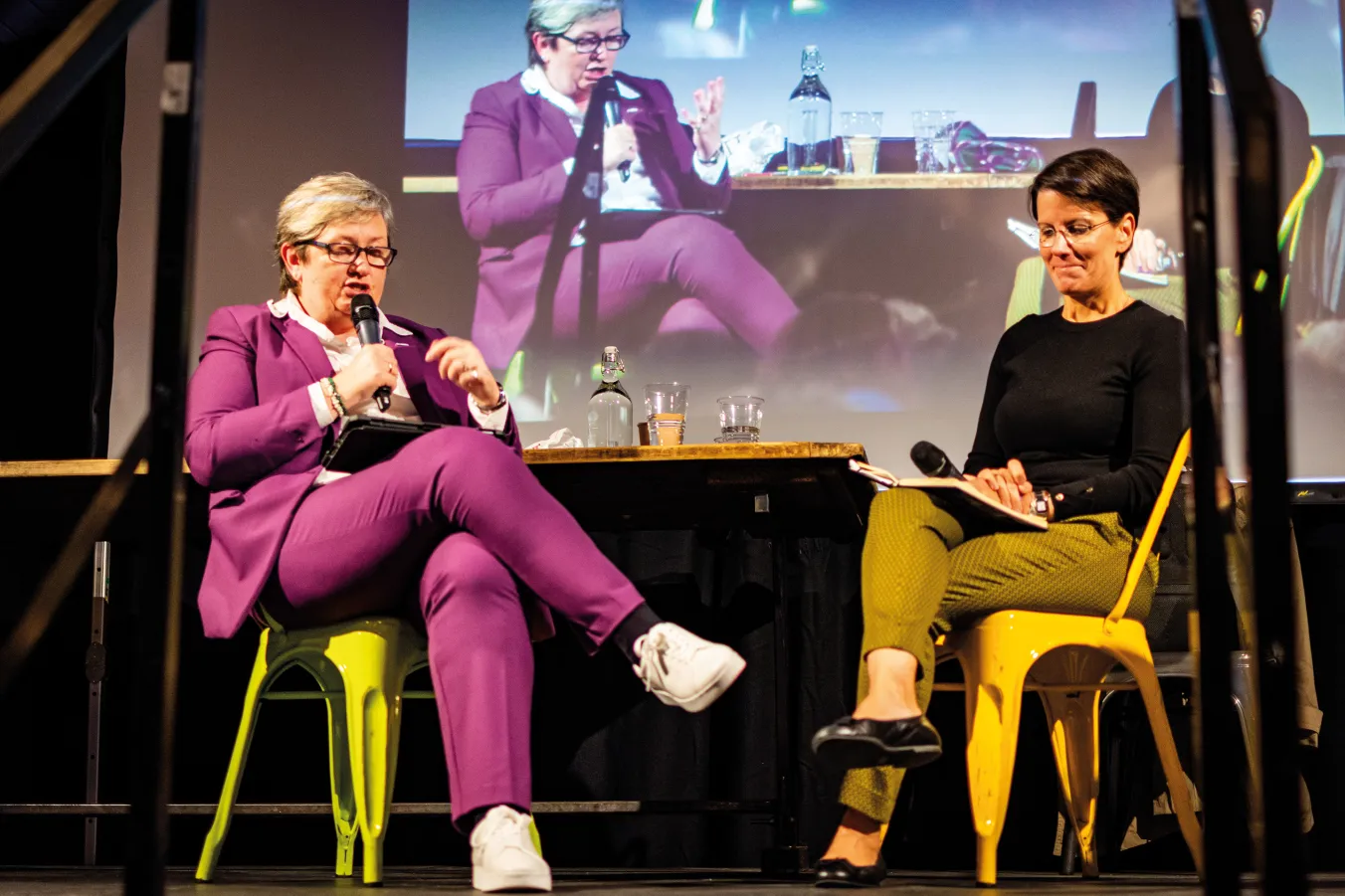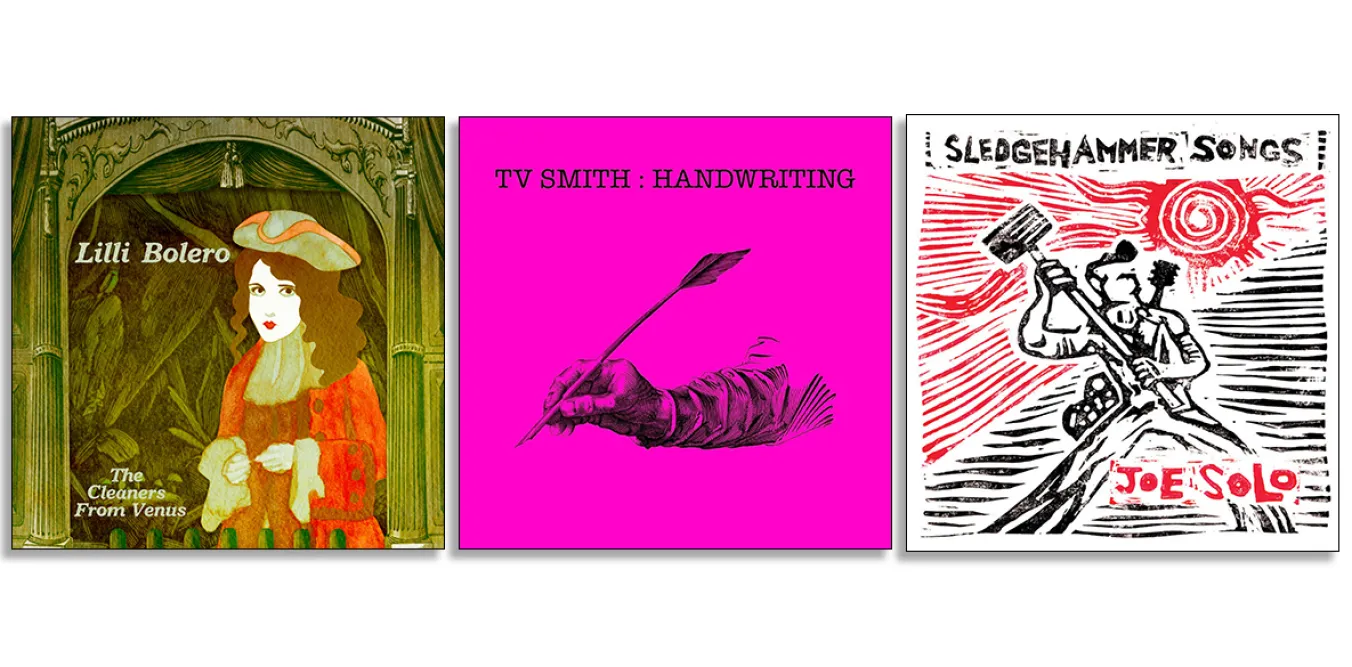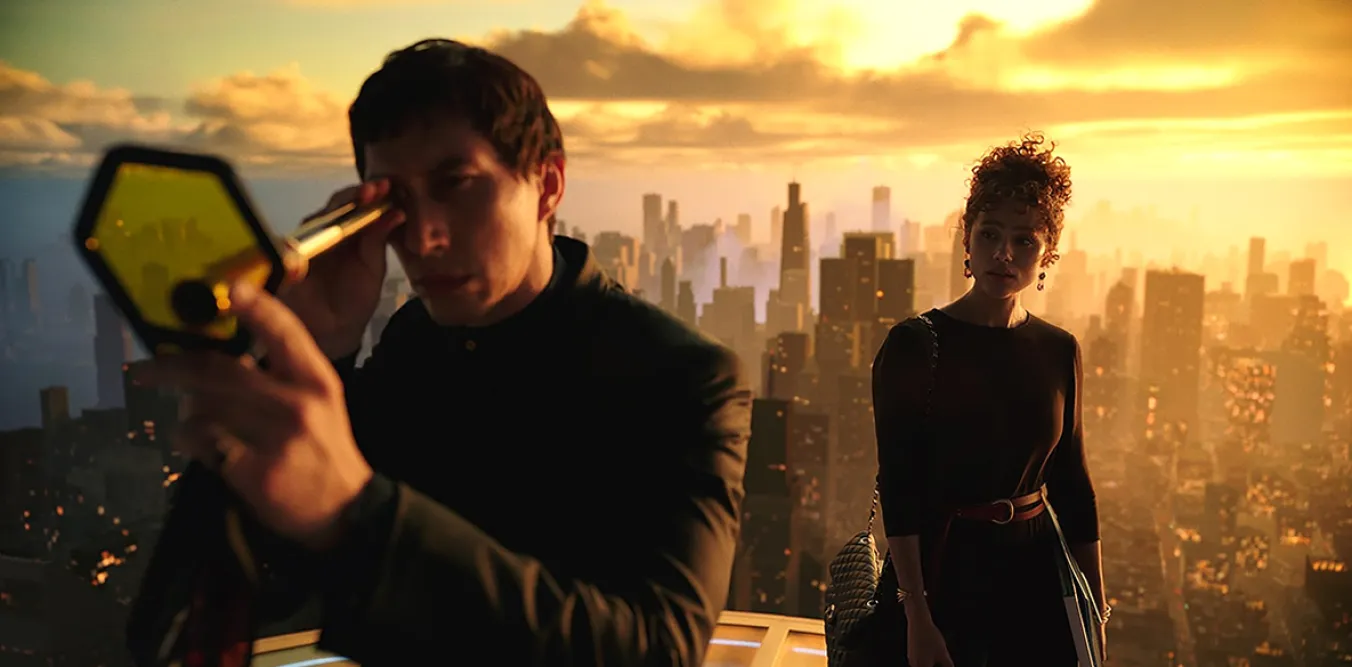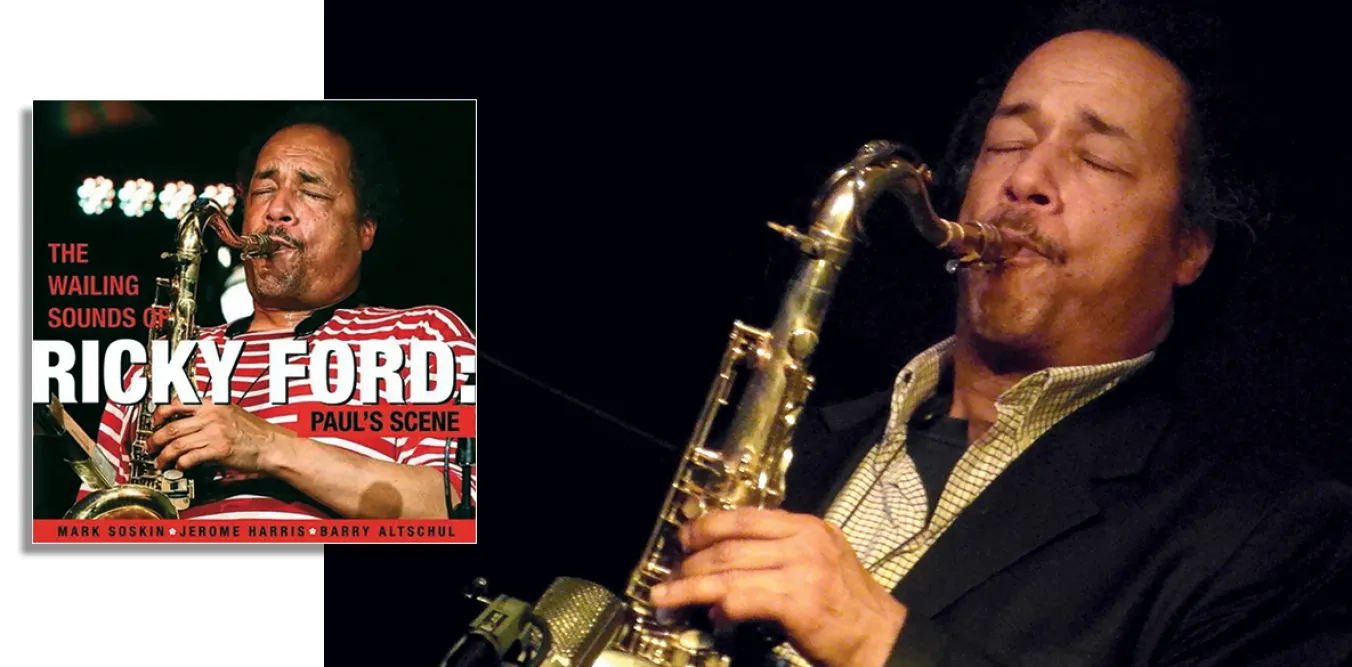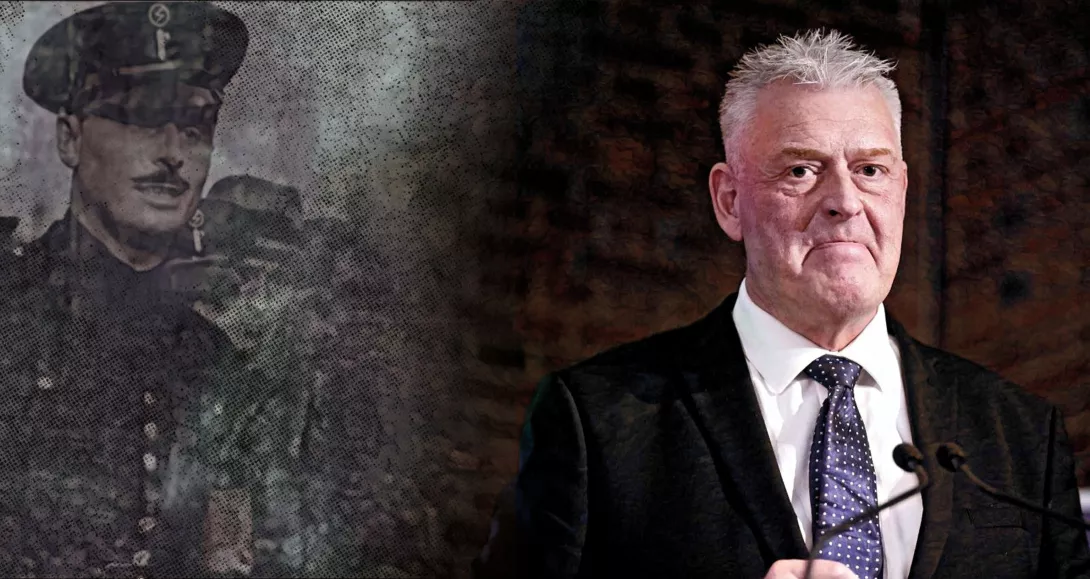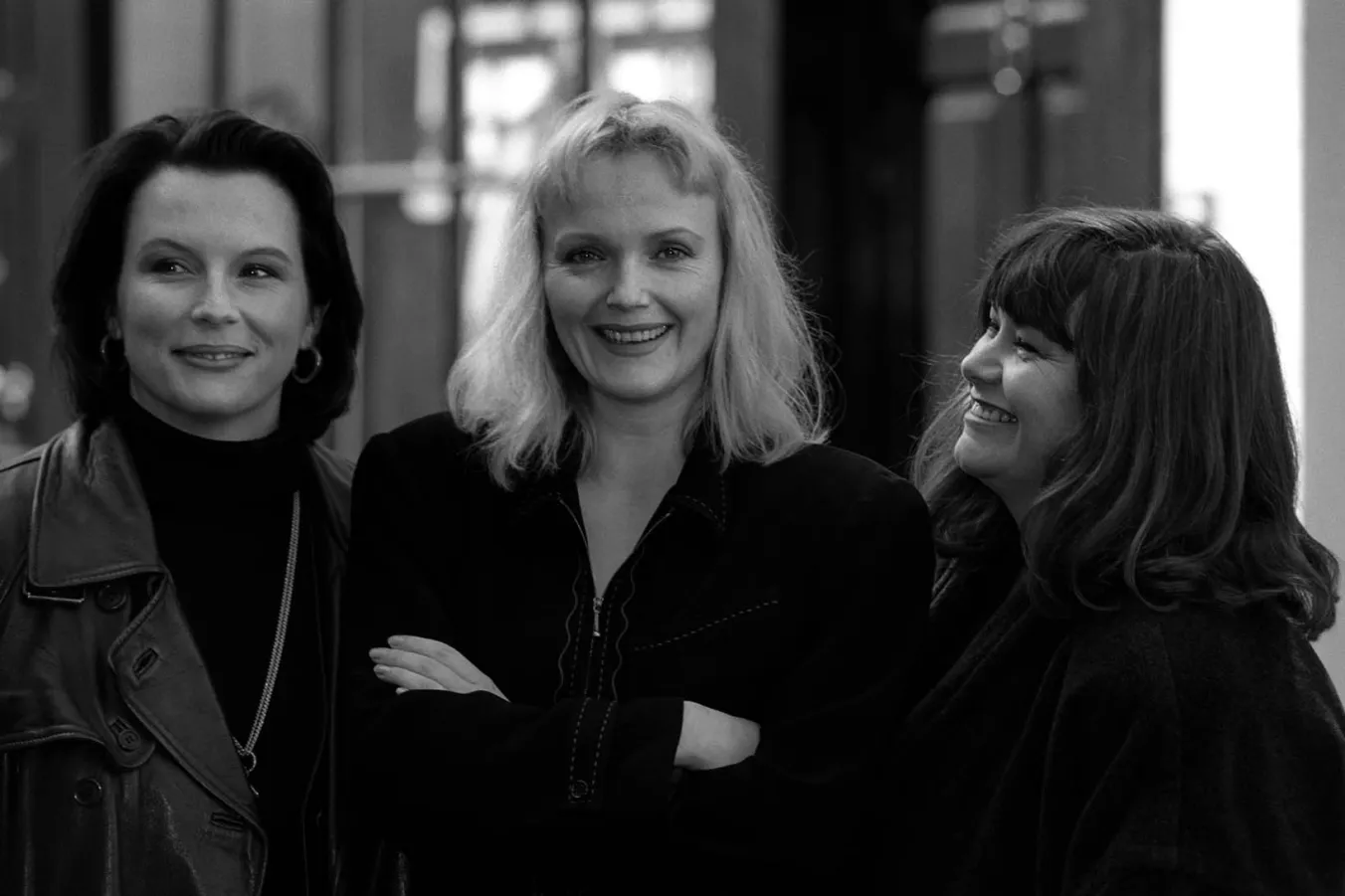
AFTER a few short years, the early 1980s saw a group of young comedians named by leader Peter Richardson as The Comic Strip soon graduate from seedy Soho venues to Britain’s TV screens in the shape of the newly launched Channel 4.
With the exception of older associates such as Alexei Sayle, The Comic Strip’s brand of “alternative” comedy was not especially political, but as the Thatcher years wore inexorably on, the “Great She-Elephant, she-who-must-be-obeyed, the Catherine the Great of Finchley” and her increasingly rabid Tory government presented too tempting a target not to aim at.
In a series of TV movies, the company spoofed both the Conservatives and the (largely) ineffectual Labour opposition on issues of the day, ranging from the Falklands war to the abolition of the Greater London Council.

